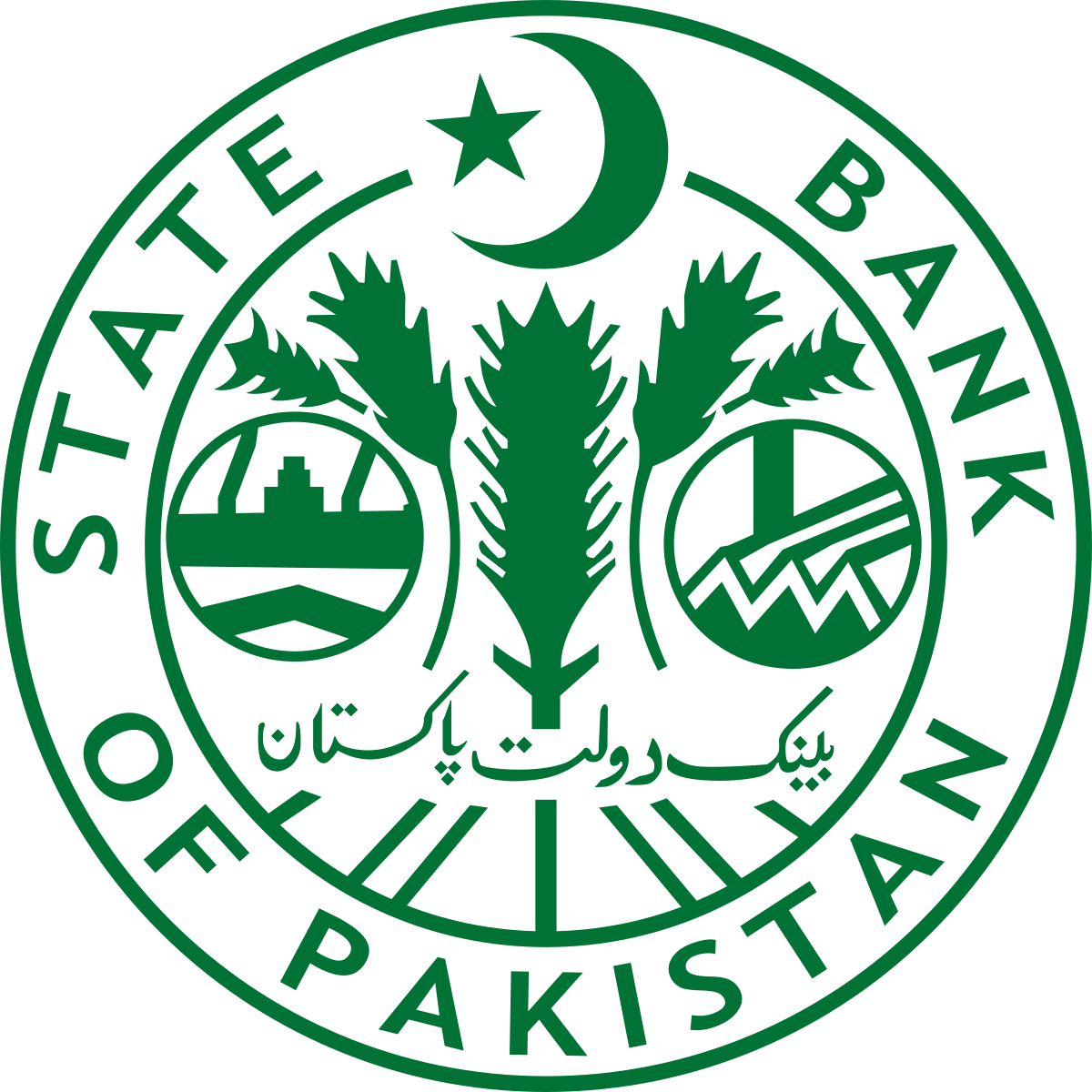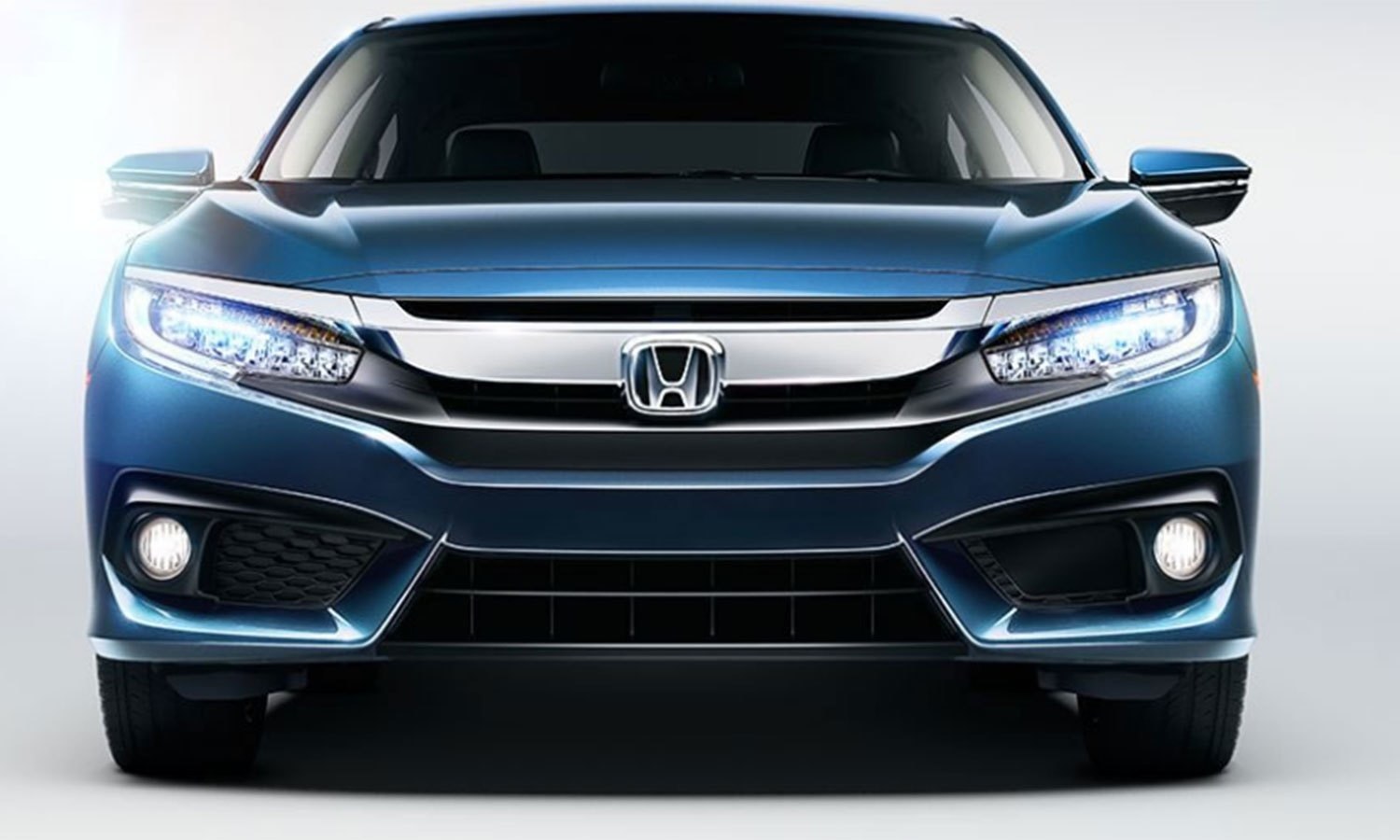Pakistan’s auto industry anticipates 30 per cent slump in sales

Pakistan’s auto industry anticipates a 30 per cent drop in sales in 2022-23 after the cash-strapped government increased the tax on new vehicles and unveiled new policy measures, according to a media report.
The government has decided to increase withholding tax on filers and non-filers and imposed one per cent capital value tax (CVT) on vehicles exceeding 1,300 CC, tightened auto financing rules to compress demand, and jacked up the interest rates, Pakistan’s Dawn newspaper reported on Monday.
Due to the weakening of the Rupee and rising cost of import of auto parts, car companies would have to increase the prices of their products, which would further slump the auto sales.
Quoting market sources, the report said assemblers were also flexing their muscles to pass on the impact of the continuous rupee devaluation against the dollar and high sea freight rates in the form of price hikes in vehicles after Eidul Azha, with many stressing that the industry was going through a crisis.

Indus Motor Company (IMC) has already closed down the advance booking of vehicles from May 18, followed by Lucky Motor Corporation Limited (LMCL) from May 20 on Picanto Automatic, and Sportage and Pak Suzuki Motor Company Limited (PSMCL) from July 1.

These decisions were taken by the assemblers owing to the looming exchange crisis and the State Bank of Pakistan’s (SBP) decision to disallow the opening of letters of credit (LCs) for the import of parts and accessories from May 20, 2022.
IMC CEO Ali Asghar Jamali anticipated at least a 30 per cent plunge in vehicle sales in FY23 due to rising fuel prices, SBP’s restrictions on opening LCs for auto parts and new taxes imposed from July 1.
On the chances of a price increase after Eid, Jamali said: We have to jack up prices. No [other] choice.
According to auto industry insiders, the impact of increase in various taxes, soaring interest rates, vehicle prices, high petrol and diesel prices, LC restrictions, and reduction in consumer financing tenure will be visible in September 2022 vehicle sales data, as assemblers are currently upbeat over thousands of advance booking orders for cars, jeeps, SUVs, and pickup made a few months ago and would be delivered in the next few months.
Around 26 per cent of total sales of IMC are from auto financing, while the share of consumer financing in total sales of Pak Suzuki stands at 35 per cent.
Fearing a 25-30 per cent sales fall in FY23, a Korean vehicle assembler said the company has not increased the prices of Kia vehicles.
Some changes have emerged after the Finance Act relating to the implementation of 1 per cent CVT on vehicles above 1,300 CC from July 1.
As a result, two Kia Stonic models now have a 1 CVT for Rs 44,250 to Rs 47,250, three Sportage models between Rs 53,000 and Rs 64,990, and three Sorento models between Rs 68,360 and Rs 74,990.

According to Honda Atlas Cars Limited (HACL), the 1 per cent CVT on the City 1.5 ranges between Rs 35,890 and Rs 38,990 while on two modes of the Honda BR-V, the CVT hovers between Rs 42,490 and Rs 42,740. The 1 per cent CVT on six Honda Civic models cost between Rs 55,490 and Rs 66,740.
On withholding tax (WHT) on filers and non-filers, the HACL official said there is no change in WHT on filers in the Honda product line.
However, Rs 75,000 is charged for non-filers on purchasing the Honda City 1,200 CC, which was Rs 50,000 earlier.
PSMCL has informed its authorised dealers to charge Rs 10,000 for Alto (all variants), Bolan and Ravi from filers, which was Rs 7,500 while the non-filers will pay Rs 30,000 instead of Rs 15,000 on the same models earlier.
Income tax filers interested in purchasing a WagonR or Cultus (all variants) will need to pay Rs 20,000 instead of Rs 15,000, while Swift buyers will pay Rs 25,000.



